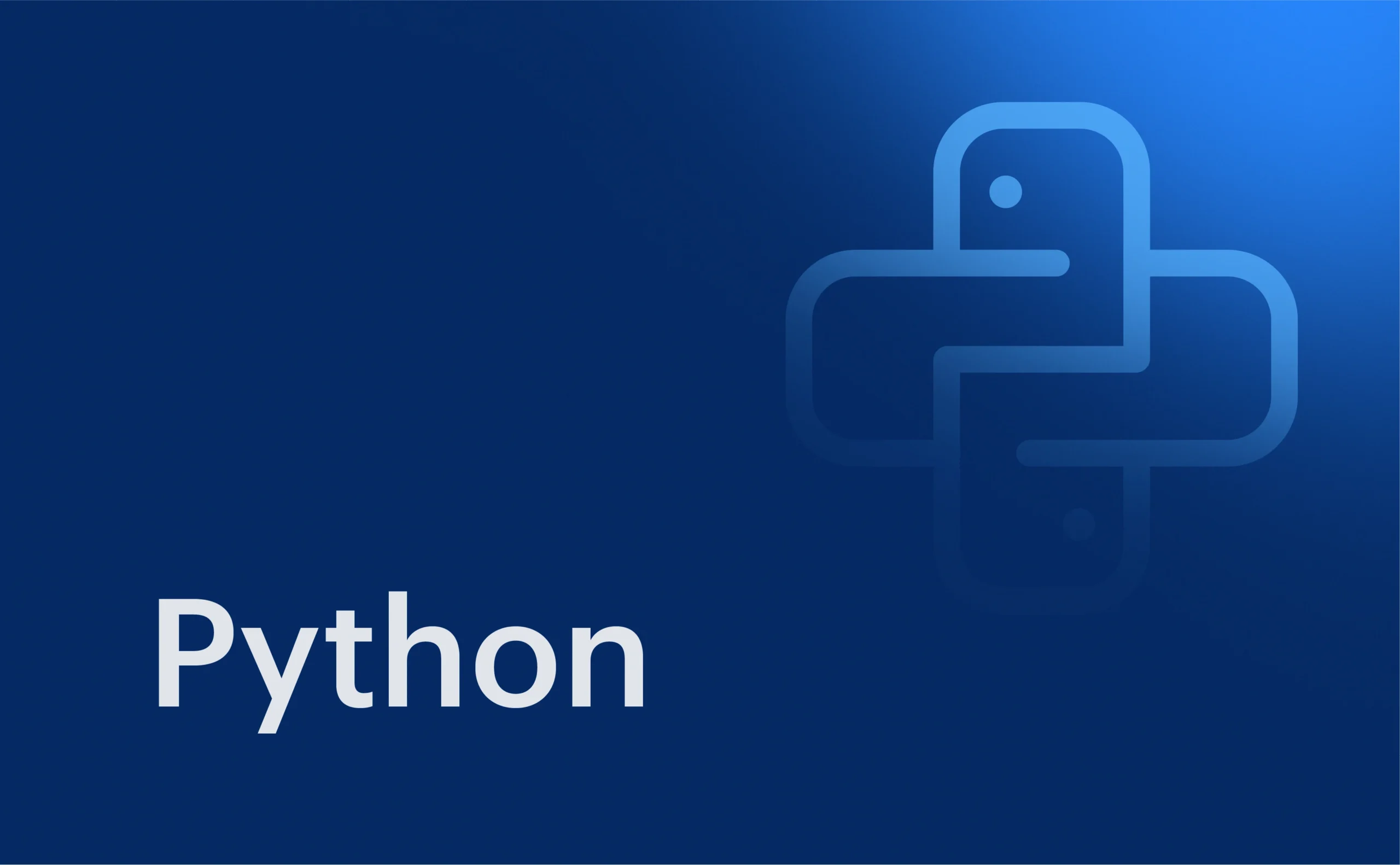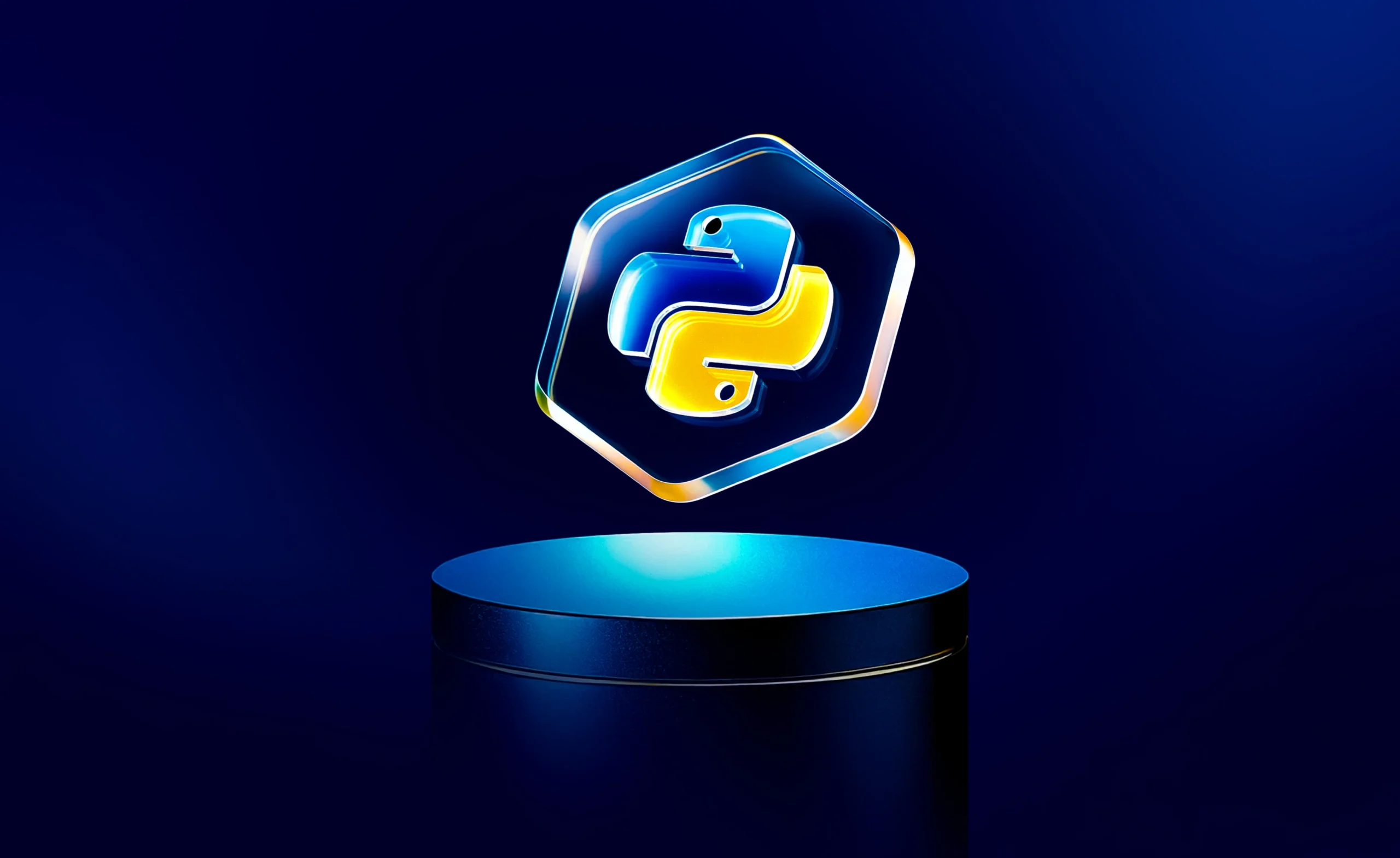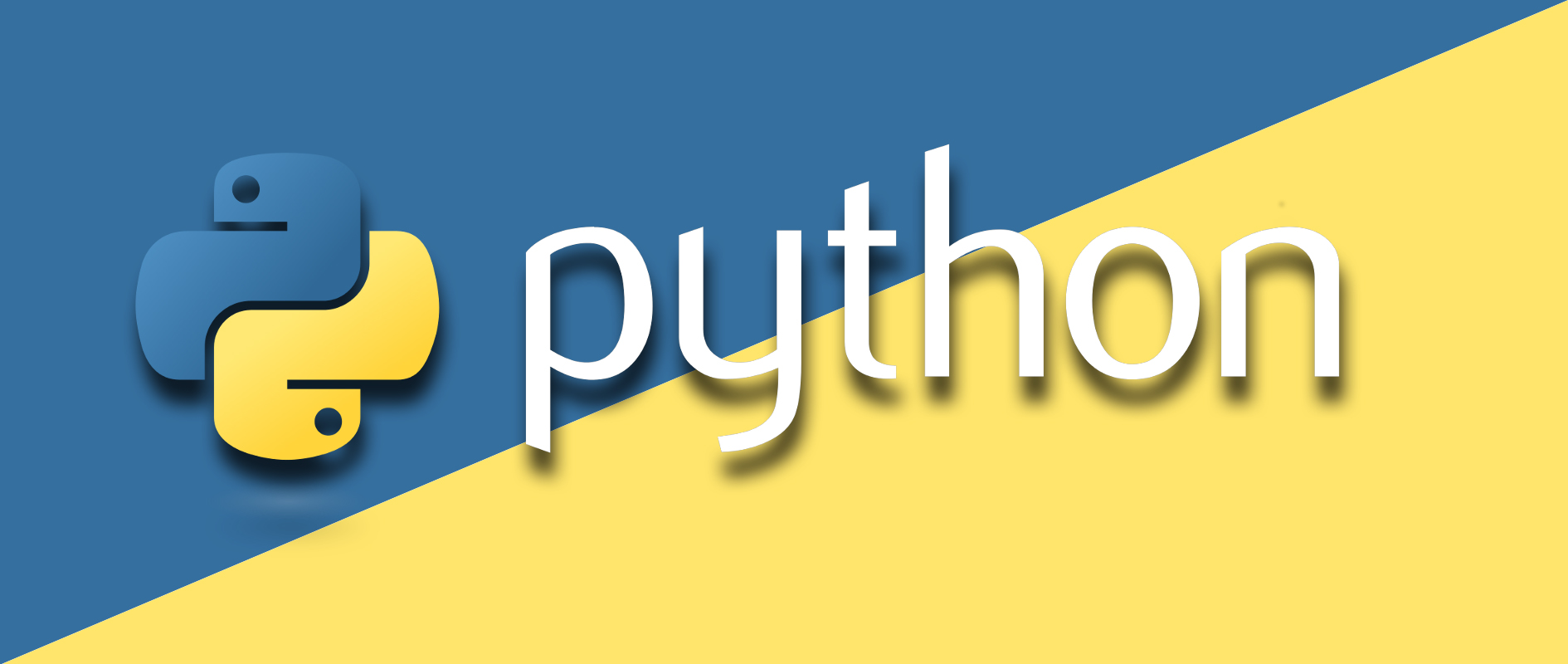Python is one of the most popular and versatile programming languages in the world. Known for its simplicity and readability, Python is widely used in various fields such as web development, data analysis, machine learning, and automation. Whether you’re just starting out in programming or you’re an experienced developer, Python’s easy-to-understand syntax makes it a great choice.
What is Python?
Python is a high-level, interpreted programming language created by Guido van Rossum and first released in 1991. Its design philosophy emphasizes code readability and simplicity, which makes it accessible to beginners and powerful enough for experts. Python is open-source, meaning it’s free to use and has a large, active community that continuously contributes to its development.
Why Python is Popular?
- Simple and Readable Syntax
Python’s syntax is straightforward and intuitive, making it easy for beginners to learn and write code quickly. Unlike other programming languages that may have complex rules or syntax, Python prioritizes readability and clarity, which makes it a great language for new programmers. - Versatility and Flexibility
Python can be used for a wide range of applications, from basic scripts to complex machine learning models. It has libraries and frameworks for web development (e.g., Django, Flask), data analysis (e.g., pandas, NumPy), and more. Python can run on various platforms, such as Windows, macOS, and Linux. - Large Ecosystem of Libraries and Frameworks
Python boasts an extensive ecosystem of libraries and frameworks that simplify development tasks. For example, libraries likematplotlibhelp with data visualization, whilescikit-learnis widely used for machine learning. This makes Python an attractive choice for developers in various fields. - Strong Community Support
Python has a large, supportive community of developers who contribute to tutorials, forums, and open-source projects. This community support makes it easier to find solutions to programming problems, ensuring that resources are available at every stage of learning or development.
Common Uses of Python
- Web Development
Python is widely used in web development, with frameworks like Django and Flask offering developers efficient ways to build and maintain web applications. Python’s simplicity and ease of use make it an ideal language for web development projects of all sizes. - Data Science and Analytics
Python is the go-to language for data scientists due to libraries like NumPy, pandas, and Matplotlib, which make data manipulation, analysis, and visualization easier. Python’s capabilities in data science have led to its widespread adoption in fields like finance, healthcare, and marketing. - Machine Learning and AI
Python is the preferred language for many machine learning and artificial intelligence applications, thanks to powerful libraries like TensorFlow, Keras, and PyTorch. These libraries allow for quick prototyping and development of machine learning models, making Python ideal for AI research and production. - Automation and Scripting
Python is great for automating repetitive tasks or writing scripts for system administration. With its clean syntax and extensive libraries, Python makes it easy to write simple scripts that automate anything from file organization to web scraping. - Game Development
While not as commonly used in high-performance game development, Python is still popular in the development of games, especially for prototyping and creating simpler games. Libraries like Pygame make it easy to develop 2D games with Python.
How to Start Learning Python?
If you’re new to Python, here are some steps to get started:
- Install Python
You can download the latest version of Python from the official website (https://www.python.org/). Once installed, you can start writing Python code directly in the terminal or use an Integrated Development Environment (IDE) like PyCharm or Visual Studio Code. - Understand the Basics
Begin by learning the basic syntax of Python, such as variables, data types, control flow (if statements, loops), and functions. There are plenty of free resources, such as online tutorials, books, and interactive courses, to help you master the basics. - Work on Projects
Once you’re comfortable with the basics, start working on small projects to apply what you’ve learned. Whether it’s a simple calculator or a to-do list application, working on real-world projects will solidify your knowledge and give you a sense of accomplishment. - Join the Python Community
Python has a thriving community that can help you as you learn. Join online forums like Stack Overflow, Reddit, or Python-specific communities to ask questions, share your projects, and stay updated on the latest developments in the Python ecosystem.
Conclusion
Python is an excellent programming language for both beginners and experts. With its simplicity, versatility, and powerful libraries, Python can be used to develop anything from basic automation scripts to cutting-edge machine learning models. Whether you’re looking to dive into web development, data science, or AI, learning Python is a great investment in your programming journey.




